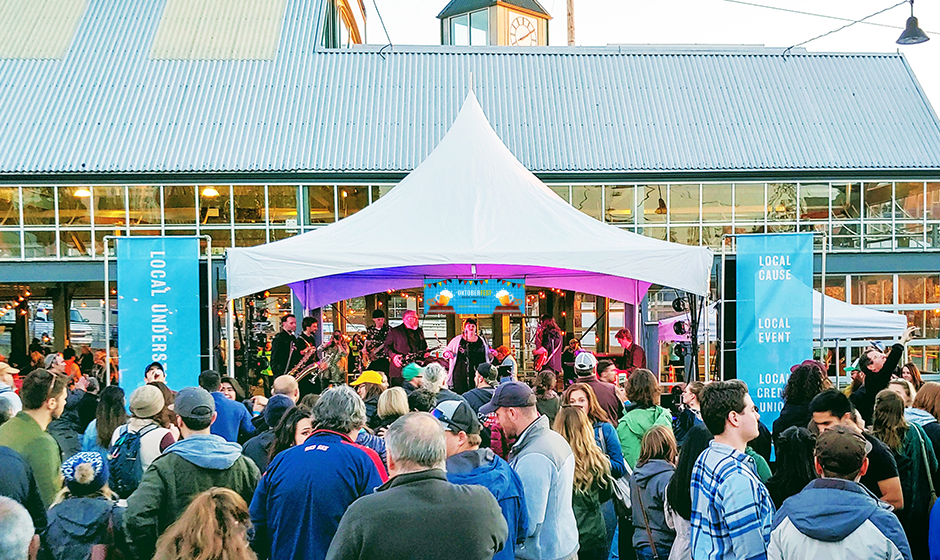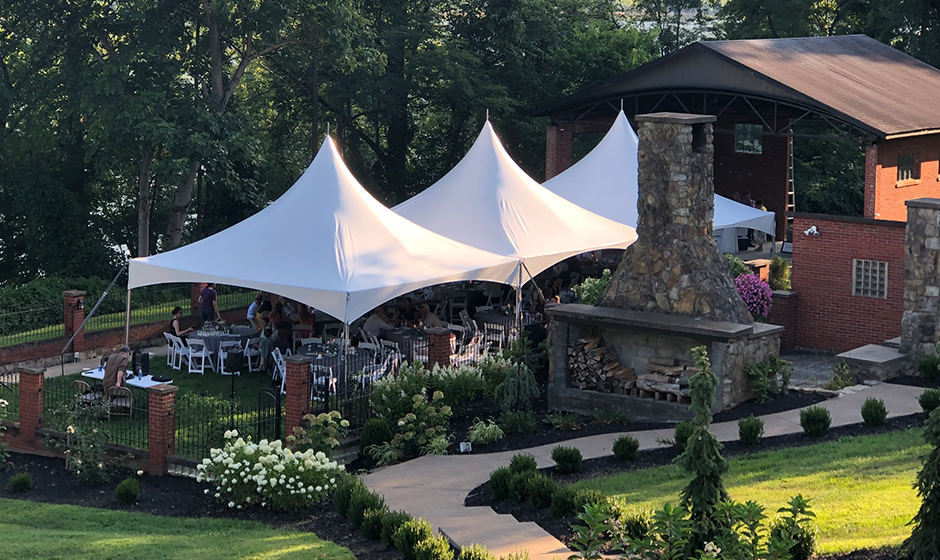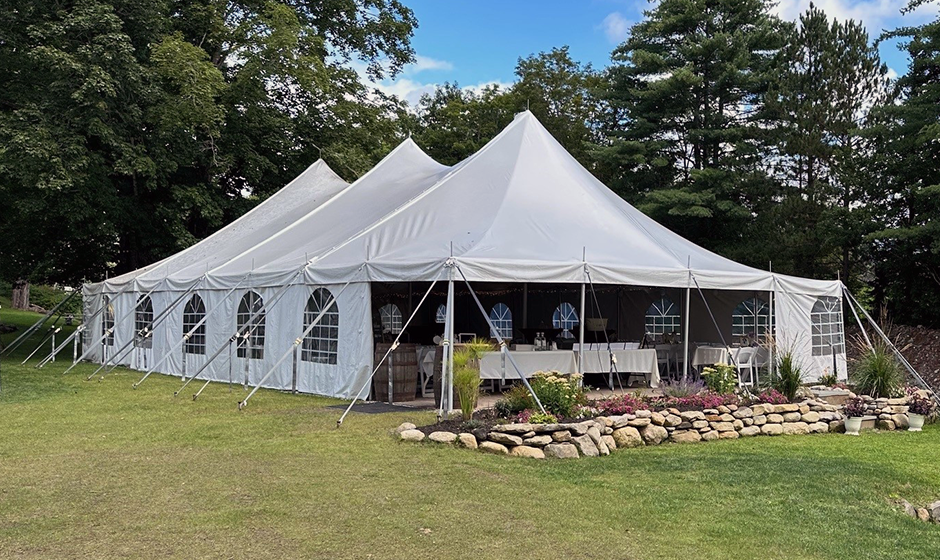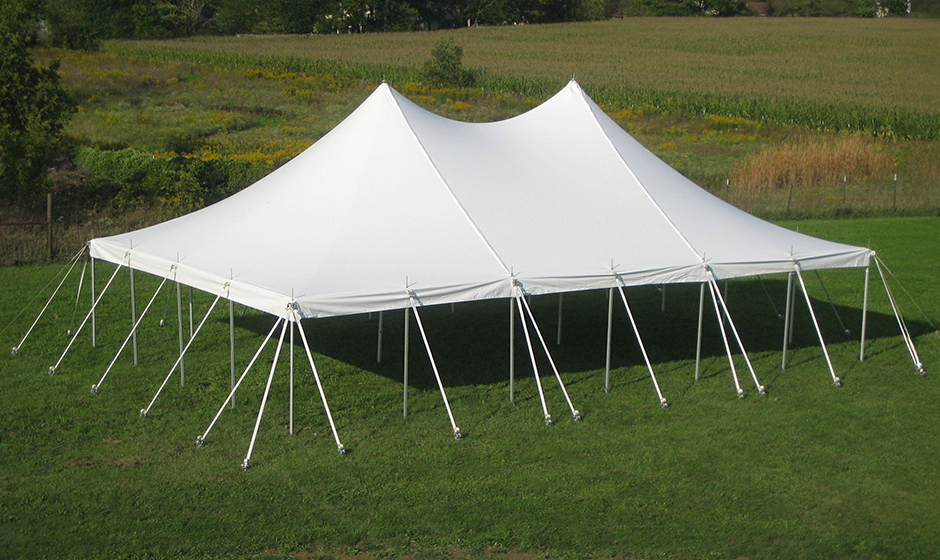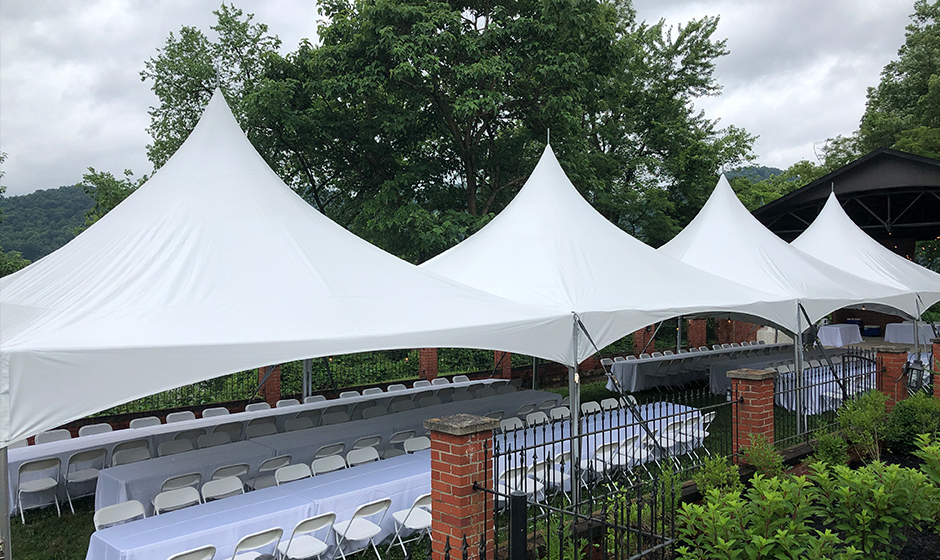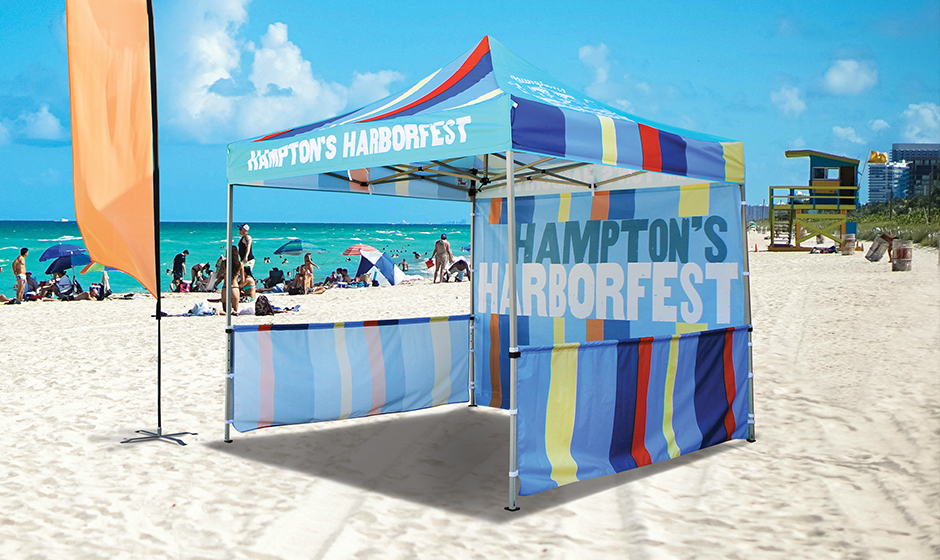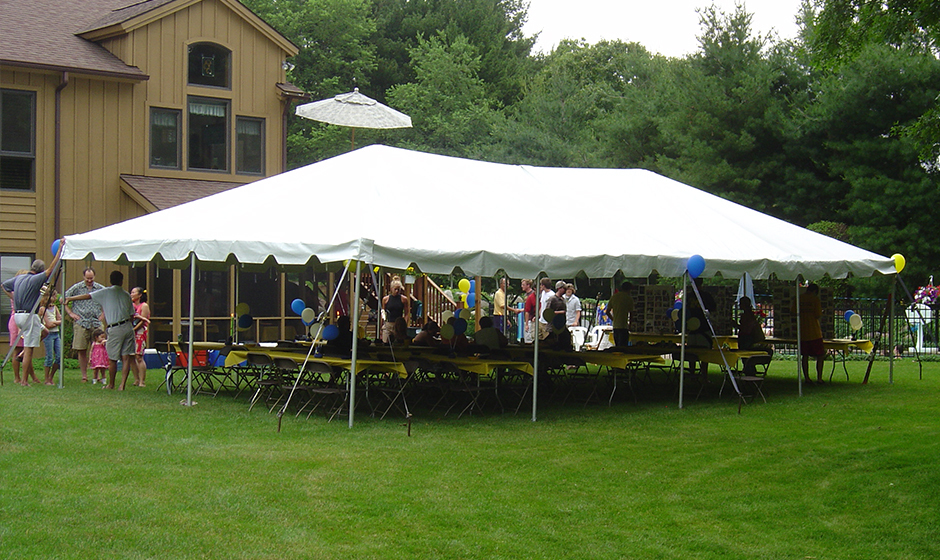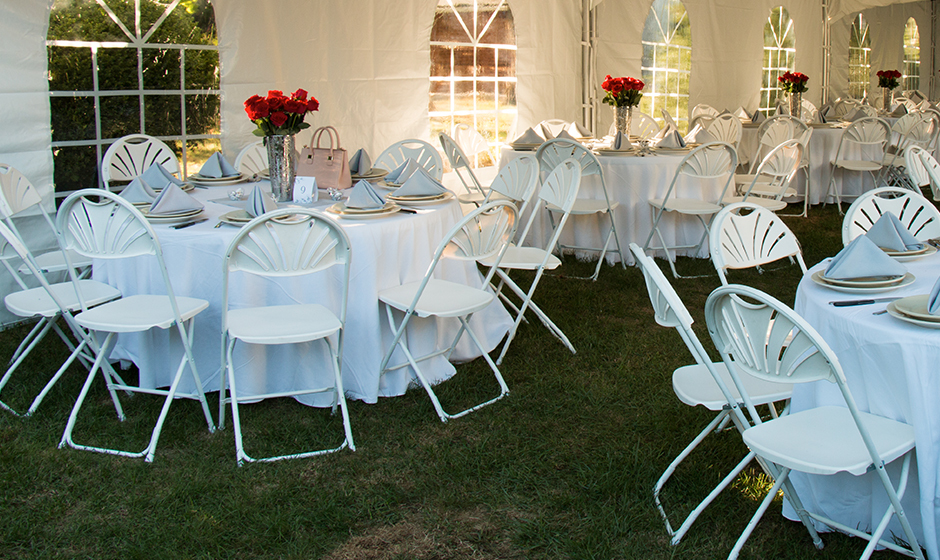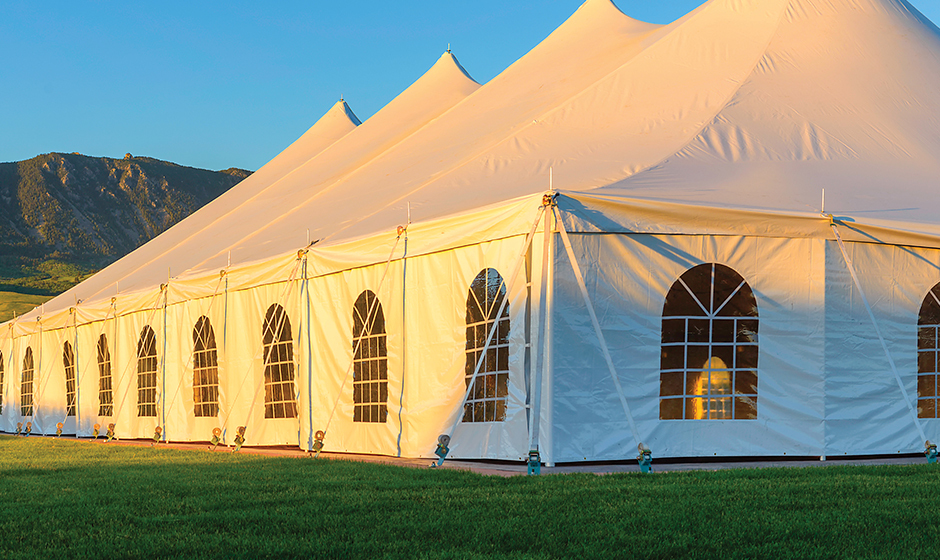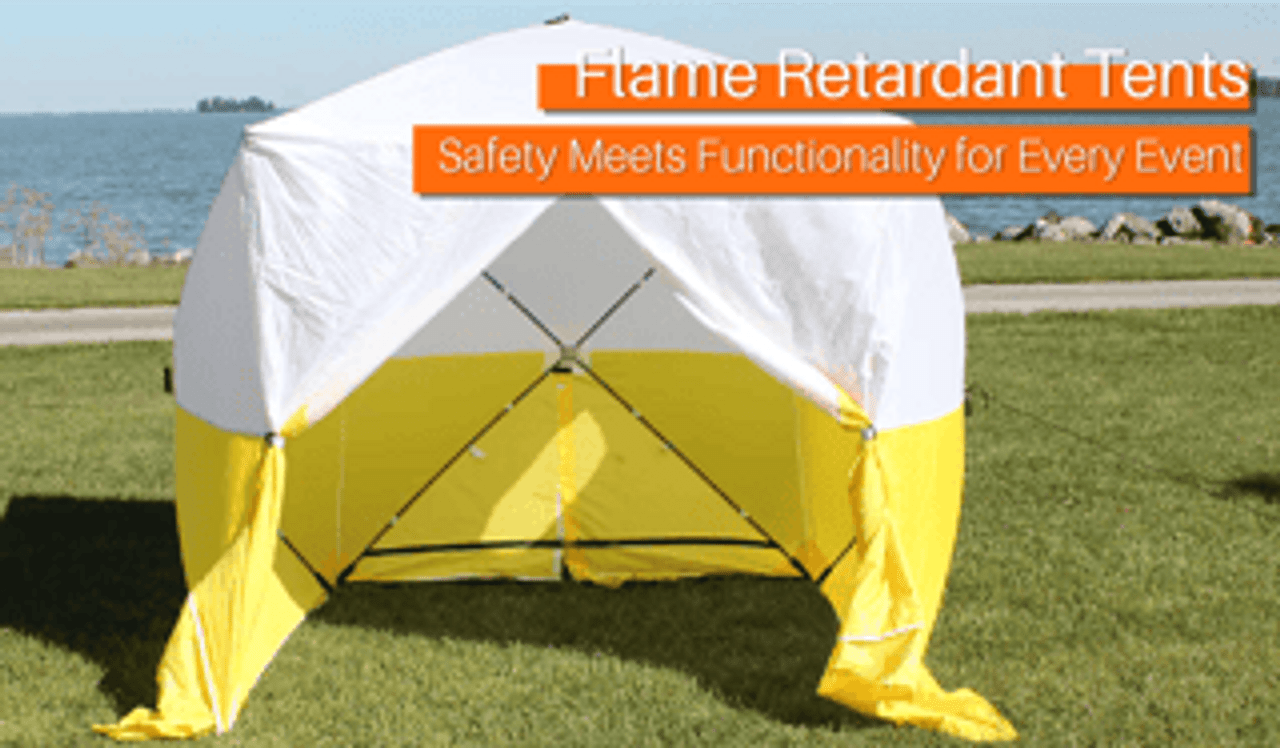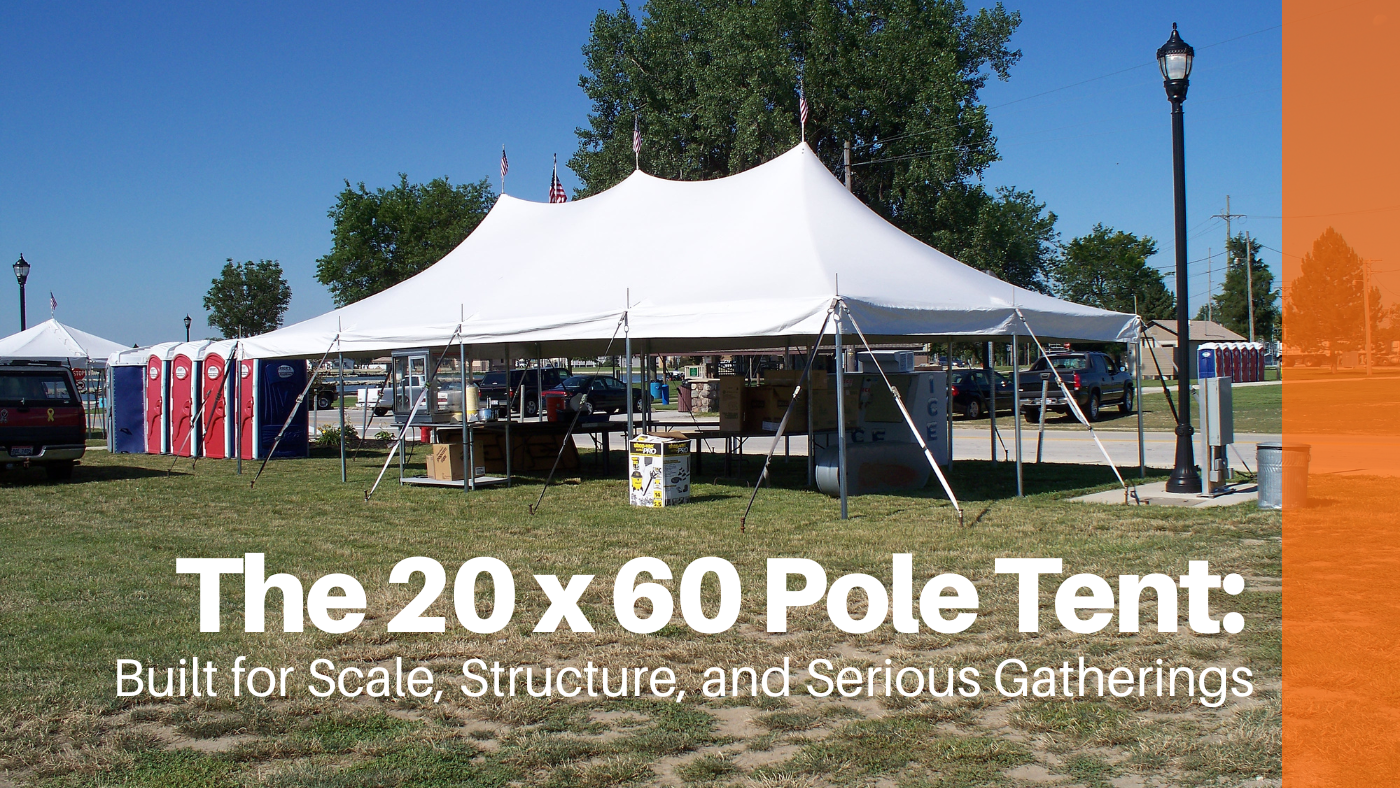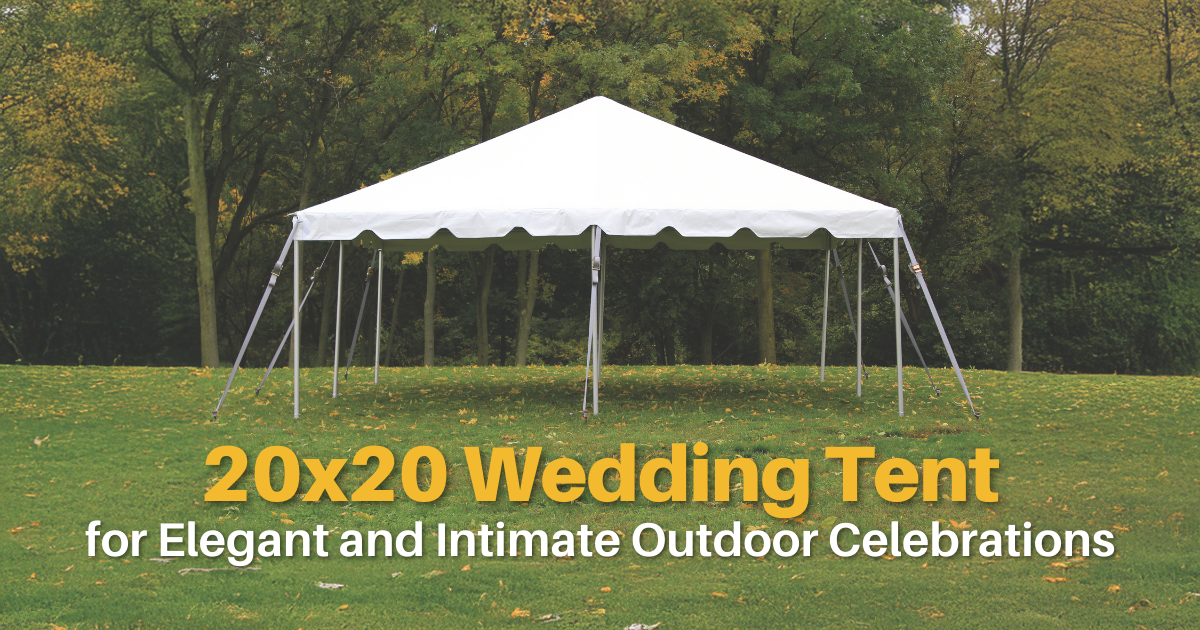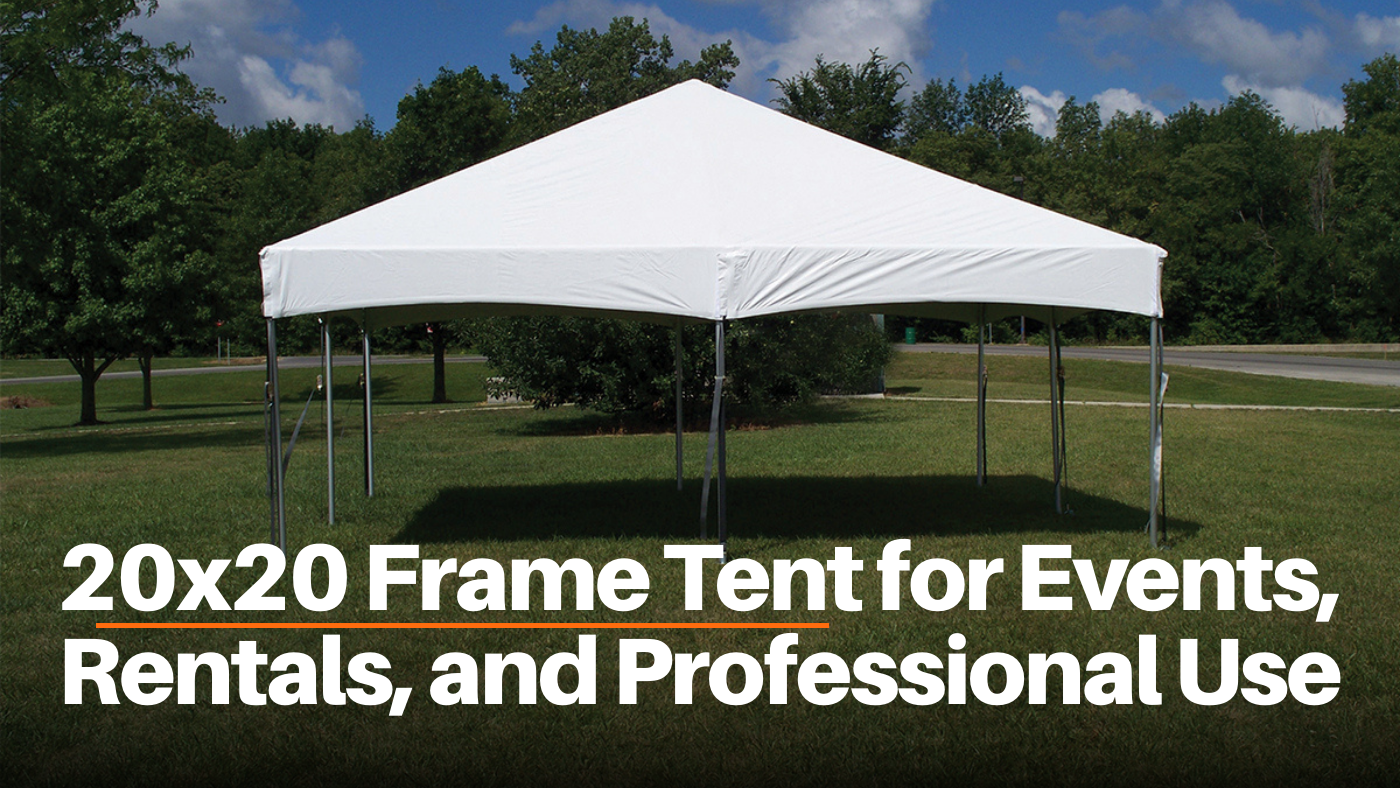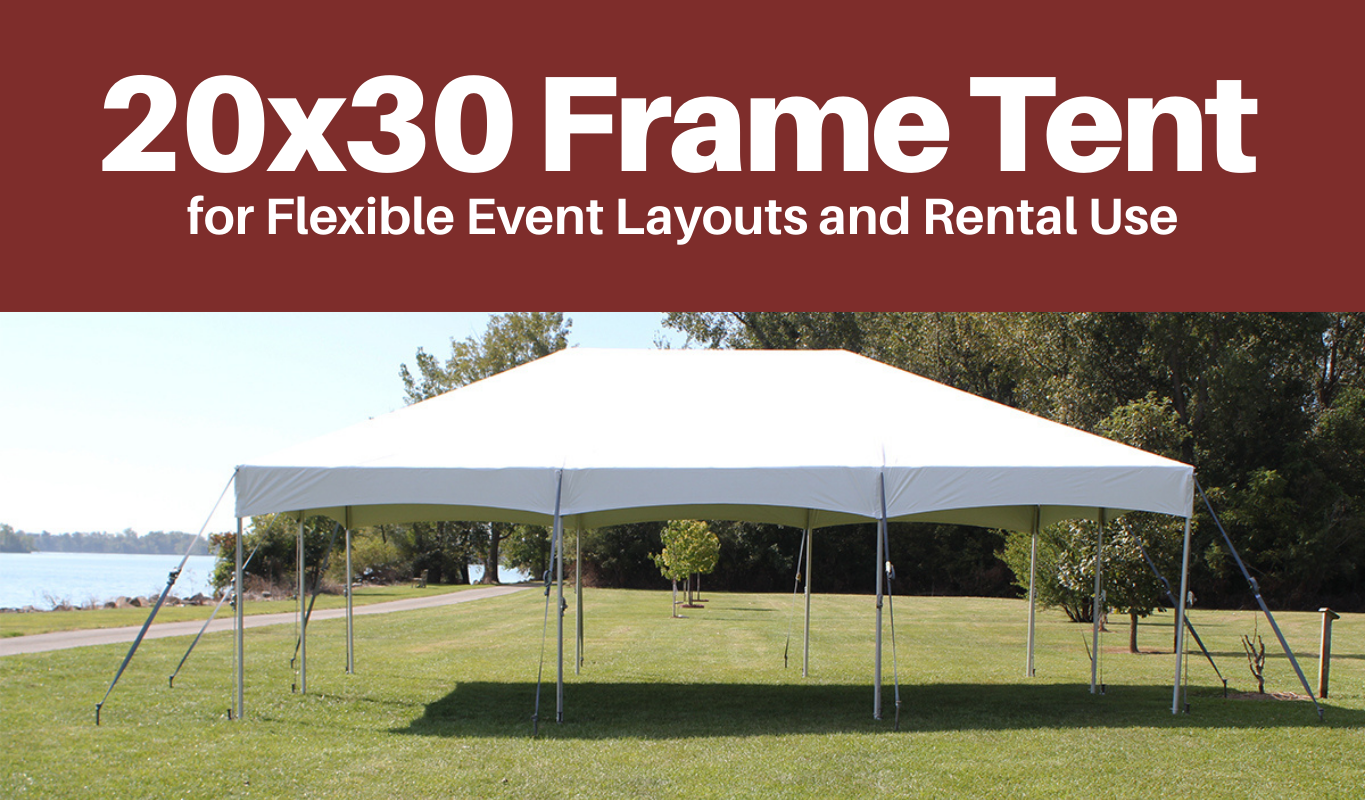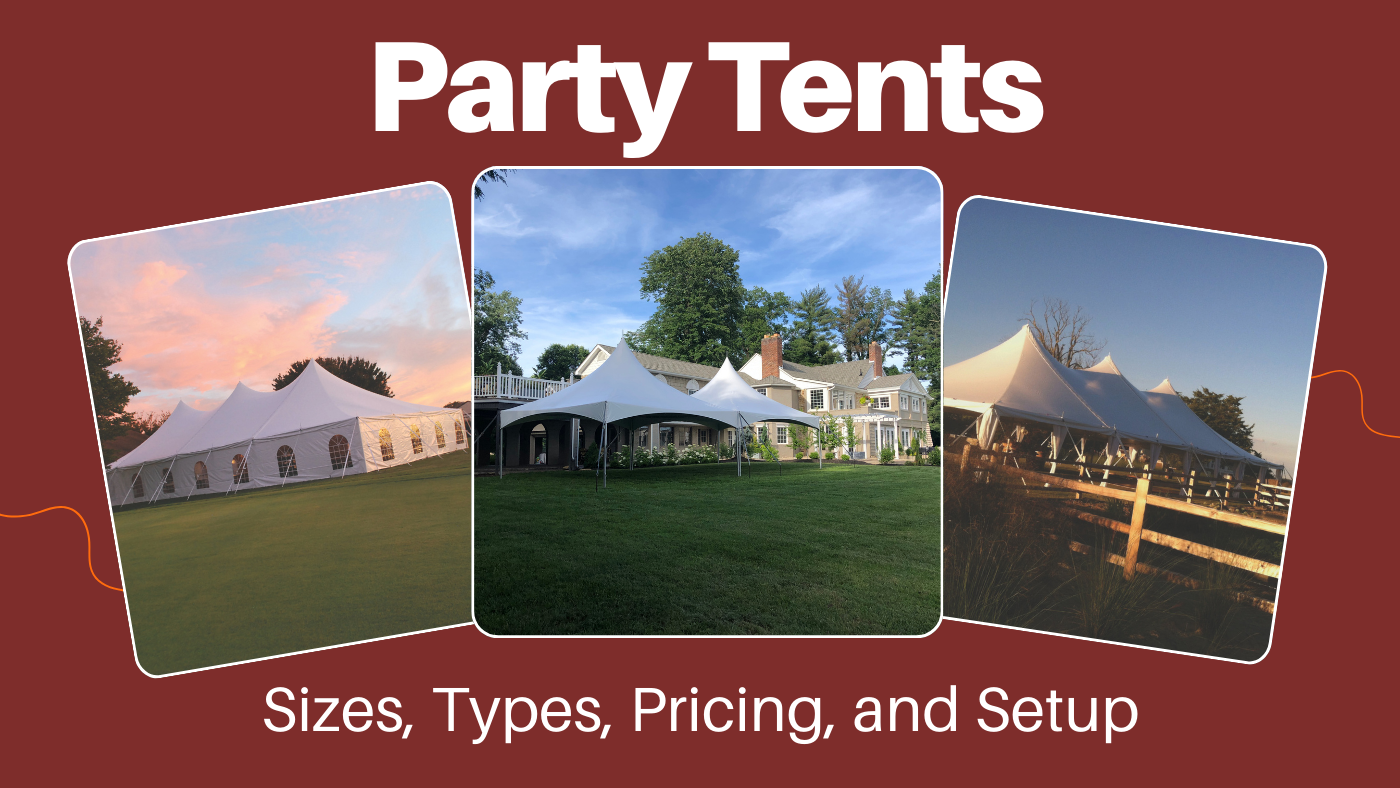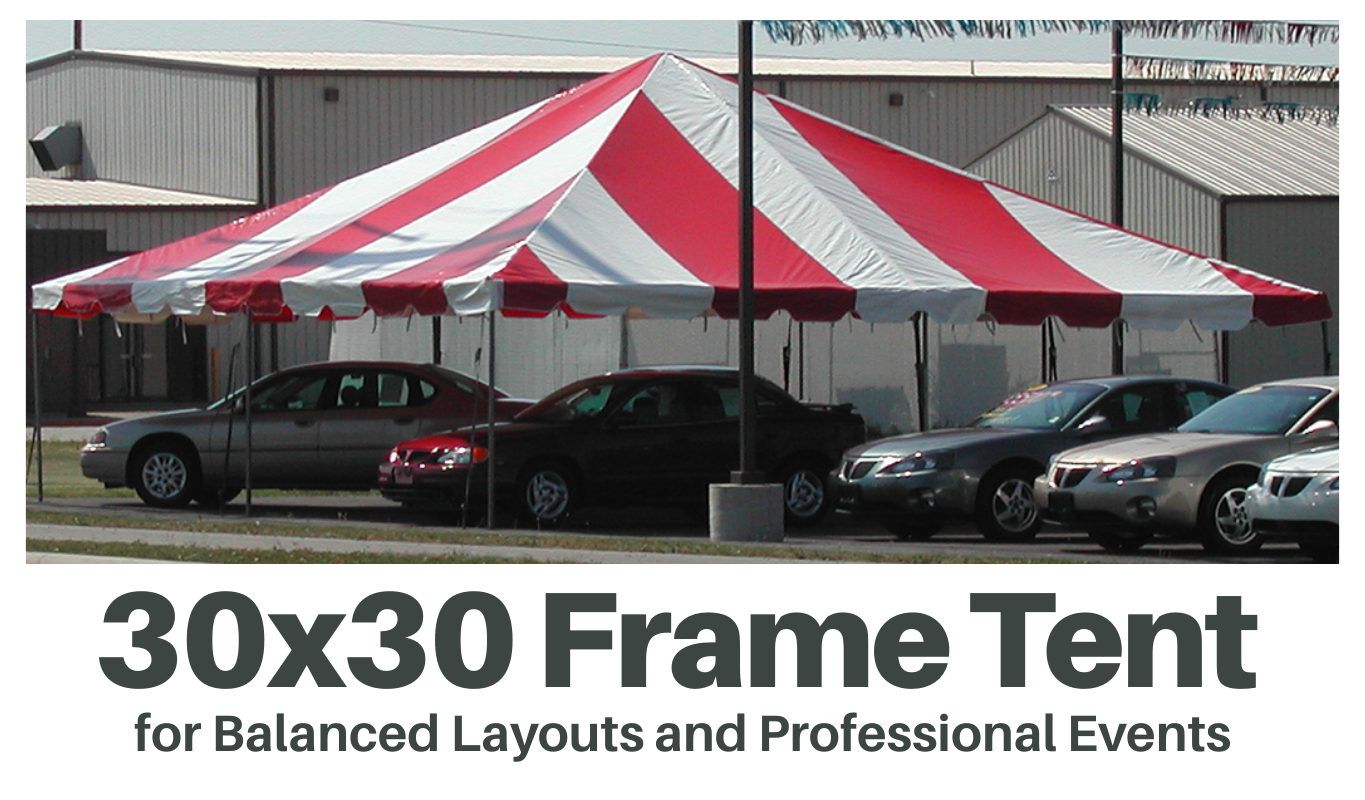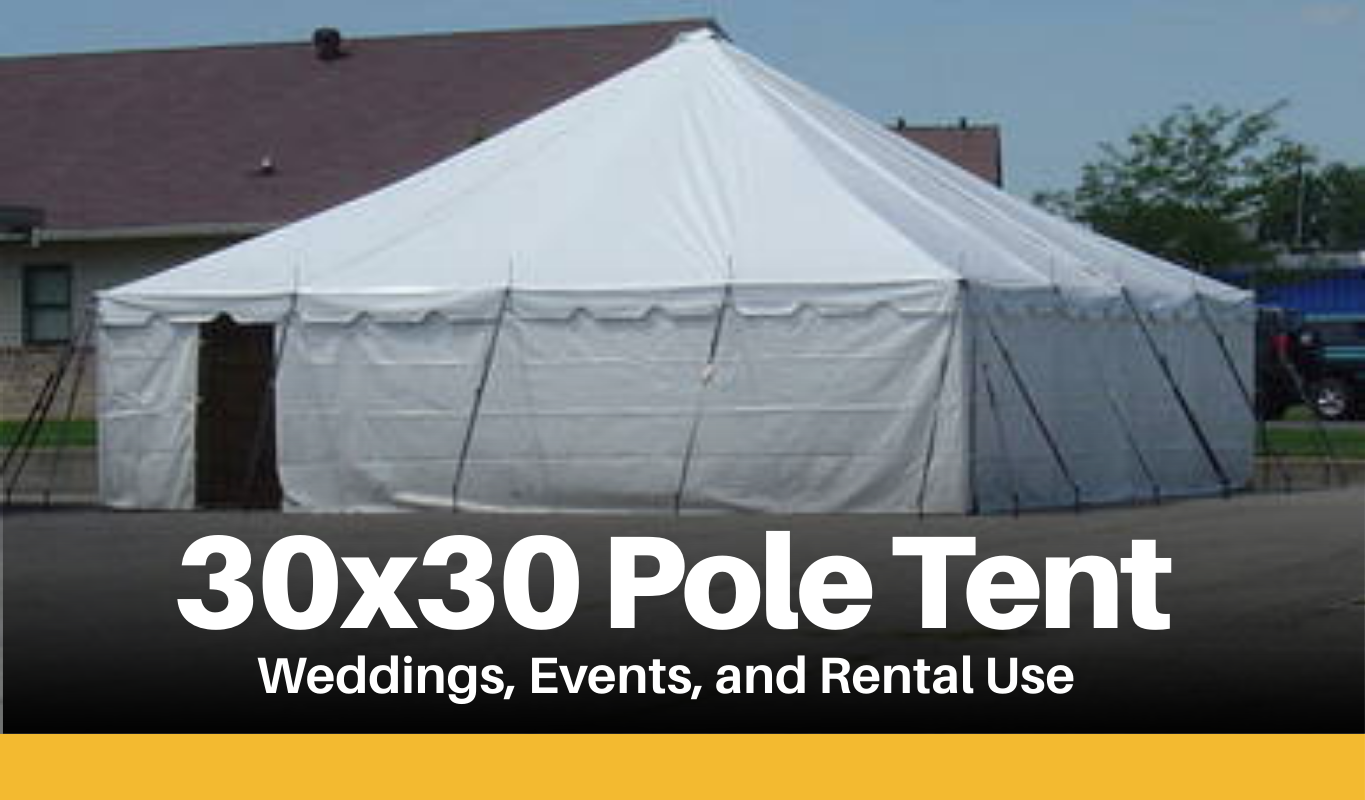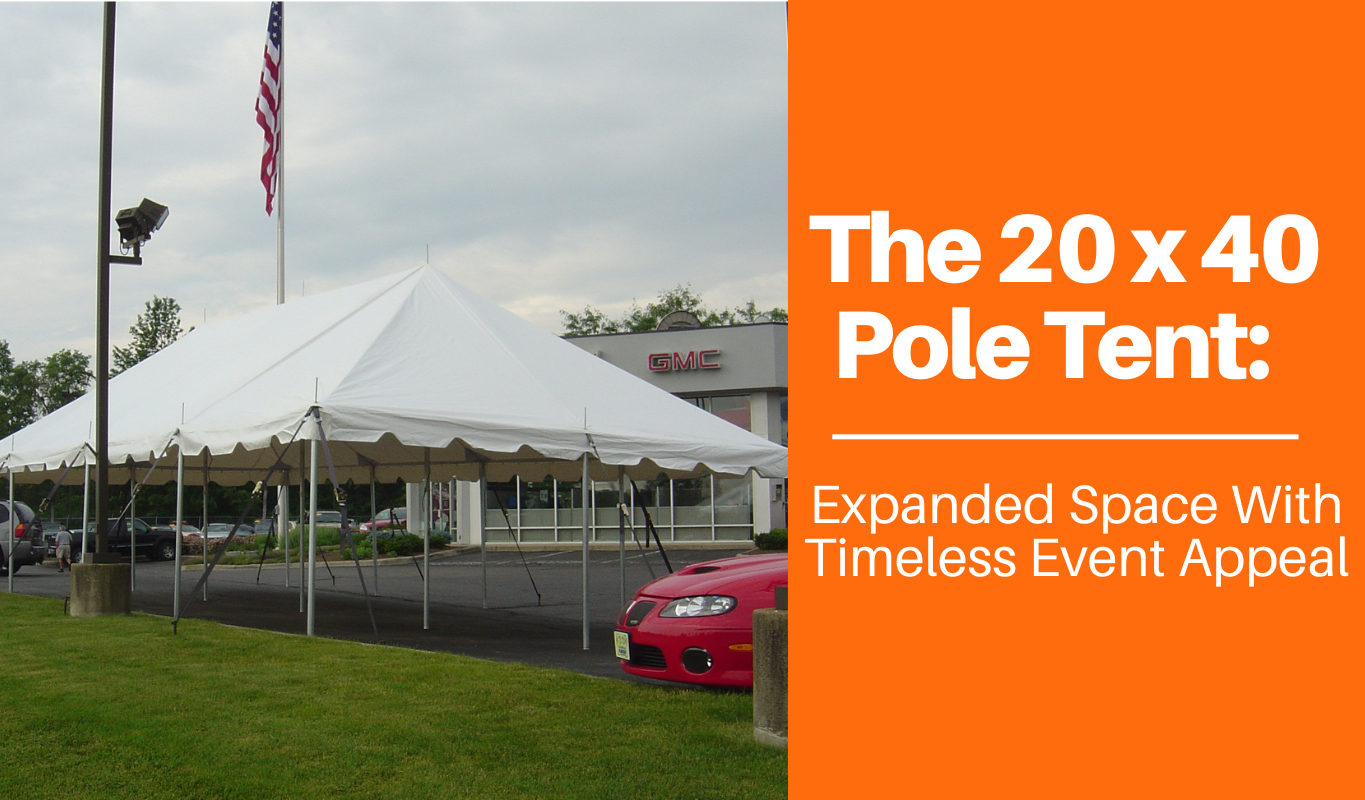Flame Retardant Tents: Safety Meets Functionality for Every Event
When it comes to outdoor events or commercial setups, safety should never be an afterthought. Whether you're organizing a wedding, managing a vendor booth, or setting up a disaster relief station, flame retardant tents offer peace of mind and compliance in one practical structure. Unlike standard tents, these are specially treated or constructed with materials that resist ignition and slow the spread of flames, making them a top choice for venues and municipalities that require strict adherence to fire safety codes.
Why Flame Retardancy Matters
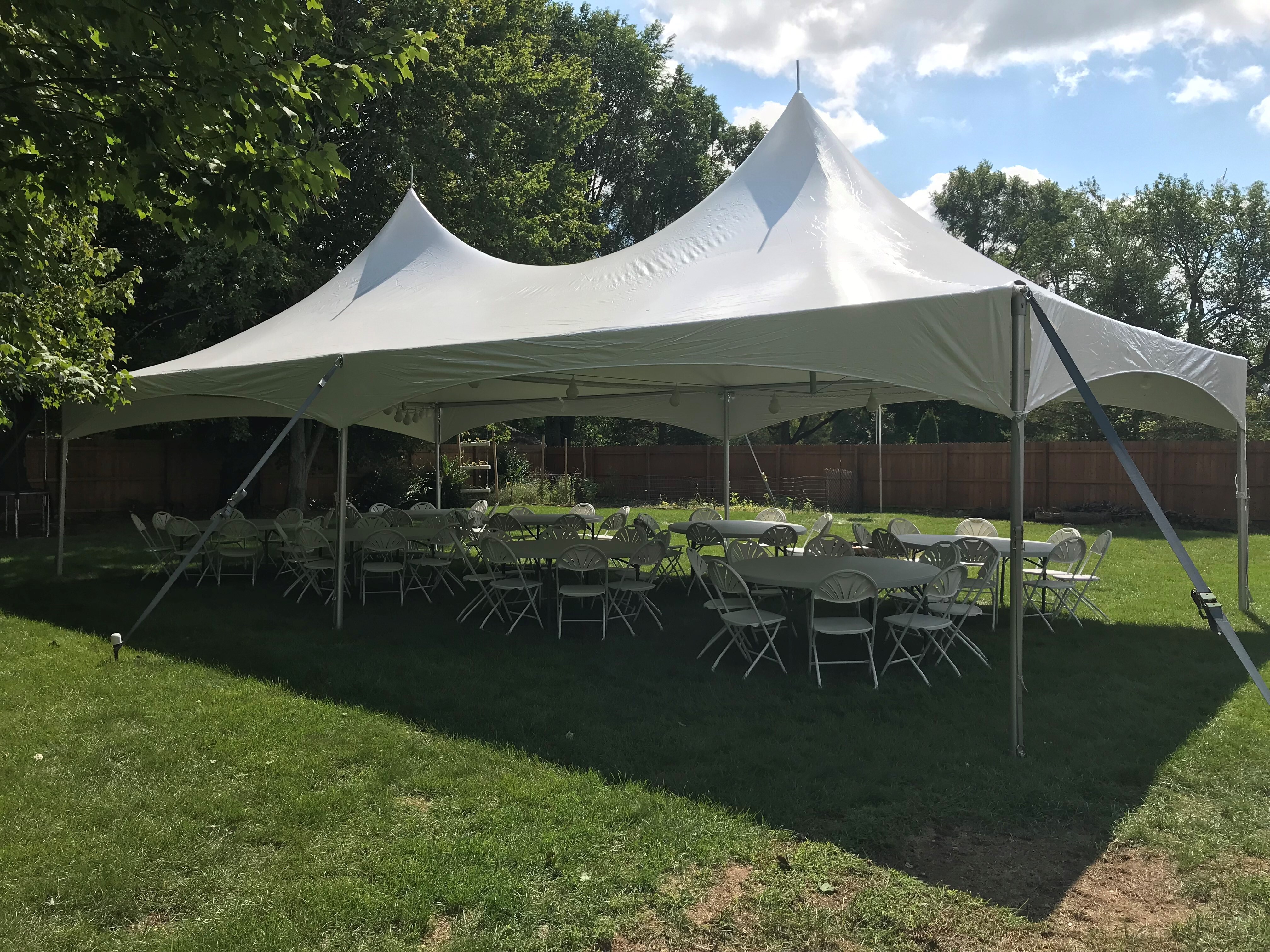
Outdoor events often involve electrical setups, cooking equipment, or even heating elements, all of which increase the risk of accidental fire. A flame retardant tent can act as your first line of defense, giving people time to evacuate or extinguish flames before they spread. In many U.S. states, especially for public events, using flame retardant tents is not just a smart precaution—it’s required by law.
They’re especially crucial in:
- Trade shows
- School or city events
- Food festivals
- Firework stands
- Construction zones
- Emergency shelters
Fire Safety Standards and Certifications
What Makes a Tent Flame Retardant?
These tents are manufactured using fire-resistant materials such as PVC-coated polyester, vinyl, or chemically treated canvas. Reputable flame retardant tents will carry certifications such as:
- NFPA 701 – The National Fire Protection Association’s standard for flame propagation in tent fabrics
- CPAI-84 – A camping-specific industry standard often required by fire marshals
- California Title 19 – Required in California for public event use
Always look for certification tags or documents that verify your tent complies with the appropriate safety codes. This is vital when applying for permits or passing venue inspections.
Who Uses Flame Retardant Tents
Industries and Applications
While popular among event planners and vendors, flame retardant tents serve a wide range of industries:
- Event Companies: For weddings, corporate functions, and public festivals
- Firework Retailers: Often mandated to use fire-safe tents for legal compliance
- Government & Relief Agencies: For emergency shelters, field stations, or command posts
- Construction Firms: For tool storage, break tents, or temporary shelters near generators
- Food Vendors: Especially those working with grills, smokers, or open flames
Selecting and Caring for Flame Retardant Tents
Choosing the Right Flame Retardant Tent
When selecting a flame retardant tent, keep these criteria in mind:
- Size: Scale the tent to your crowd or operation
- Structure Type: Use frame tents for compact areas or pole tents for aesthetic appeal
- Ease of Setup: Choose models with pop-up frames or clearly labeled assembly parts
- Durability: Opt for heavy-duty fabric (high denier rating) and rust-resistant framing
- Certifications: Confirm your tent meets all applicable fire safety codes with proper documentation
Maintenance and Longevity
To preserve flame retardant qualities over time:
- Store tents in a dry, well-ventilated space to avoid mildew
- Avoid harsh cleaners that may remove flame-resistant coatings
- Inspect routinely for tears, frayed seams, or material wear that could reduce safety
Peace of Mind and Compliance in One Tent
Investing in a flame retardant tent means more than meeting legal requirements—it’s a commitment to protecting people, property, and peace of mind. Whether you're hosting a community event, running a food stall, or preparing for an emergency, these tents offer an essential layer of safety and structure.
Looking for certified flame retardant tents you can trust? Browse our collection of fire-safe canopies and structures today and find a solution that balances safety, function, and style.
FAQ: Flame Retardant Tents
What makes a tent flame retardant?
Flame retardant tents are made from materials that resist ignition and slow the spread of fire. Fabrics like PVC-coated vinyl or treated polyester meet safety standards such as NFPA 701 or CPAI-84. CELINA manufactures certified flame retardant tents to ensure compliance and protection at every event.
Are flame retardant tents required by law?
In many states and municipalities, yes. Public gatherings, festivals, and vendor setups often require flame retardant tents to pass inspection. CELINA’s products meet or exceed national fire safety codes, helping organizers stay compliant and worry-free.
How can I tell if my tent is flame retardant?
Certified tents include tags or documentation listing standards such as NFPA 701, CPAI-84, or California Title 19. CELINA provides full certification paperwork with every flame retardant tent, making it easy to show proof during permitting or inspection.
Do flame retardant tents still burn?
While no fabric is completely fireproof, flame retardant tents are designed to self-extinguish once the ignition source is removed. CELINA uses treated and coated fabrics that meet rigorous safety standards to minimize flame spread and risk of damage.
Who should use flame retardant tents?
They’re ideal for event planners, food vendors, firework sellers, and emergency response teams—anyone operating near heat or electrical sources. CELINA’s flame retardant tents serve both commercial and industrial applications safely and effectively.
Do flame retardant tents look different from regular tents?
No. Flame retardant tents look and function just like standard models. The difference lies in the fabric treatment and certification. CELINA’s flame retardant options maintain the same professional appearance and durability as all our event structures.
Can I wash or clean a flame retardant tent?
Yes, but use mild soap and water. Avoid bleach or harsh cleaners, as they can degrade the flame-retardant coating. CELINA provides care instructions to help extend your tent’s lifespan without compromising its safety features.
How long does flame retardant protection last?
With proper maintenance and storage, protection can last several years. Over time, exposure to weather and cleaning can reduce effectiveness. CELINA recommends periodic inspections and replacement when signs of wear appear.
Can flame retardant tents be used indoors?
Yes. Many venues allow flame retardant tents indoors for booths, exhibits, or displays. CELINA’s certified tents meet indoor and outdoor fire codes, making them versatile for both enclosed and open-air use.
Does CELINA provide documentation for fire inspections?
Absolutely. CELINA supplies all necessary flame retardancy certificates and material data sheets upon purchase, ensuring you can meet local inspection and permit requirements without delay.




